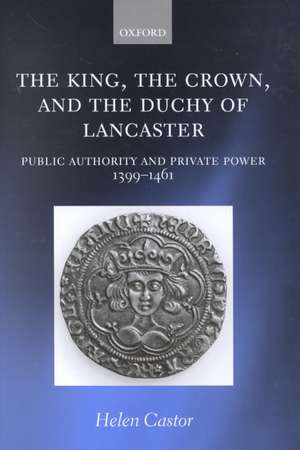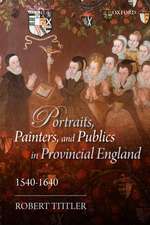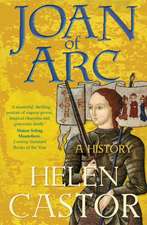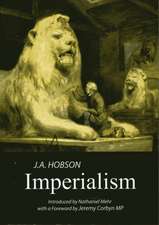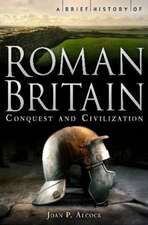The King, the Crown, and the Duchy of Lancaster: Public Authority and Private Power, 1399-1461
Autor Helen Castoren Limba Engleză Hardback – 3 aug 2000
Preț: 1434.18 lei
Preț vechi: 2182.58 lei
-34% Nou
Puncte Express: 2151
Preț estimativ în valută:
274.46€ • 284.80$ • 229.40£
274.46€ • 284.80$ • 229.40£
Carte tipărită la comandă
Livrare economică 05-11 martie
Preluare comenzi: 021 569.72.76
Specificații
ISBN-13: 9780198206224
ISBN-10: 0198206224
Pagini: 358
Ilustrații: 3 maps
Dimensiuni: 163 x 242 x 25 mm
Greutate: 0.68 kg
Editura: OUP OXFORD
Colecția OUP Oxford
Locul publicării:Oxford, United Kingdom
ISBN-10: 0198206224
Pagini: 358
Ilustrații: 3 maps
Dimensiuni: 163 x 242 x 25 mm
Greutate: 0.68 kg
Editura: OUP OXFORD
Colecția OUP Oxford
Locul publicării:Oxford, United Kingdom
Recenzii
This invigorating and scholarly assessment concentrates particularly on the political society of East Anglia, Derbyshire and Staffordshire, making thereby a significant contribution to regional, as well as to national, history.
Combines stimulating argument with conceptual clarity and detailed analysis to contribute significantly to our understanding of later medieval English politics.
Lucid and scholarly monograh ... the thoroughness of her research and the balanced nature of her judgements carry considerable conviction. Castor's book will require historians of the period to clarify their thinking about the nature of royal authority and the expectations of local society.
Combines stimulating argument with conceptual clarity and detailed analysis to contribute significantly to our understanding of later medieval English politics.
Lucid and scholarly monograh ... the thoroughness of her research and the balanced nature of her judgements carry considerable conviction. Castor's book will require historians of the period to clarify their thinking about the nature of royal authority and the expectations of local society.
